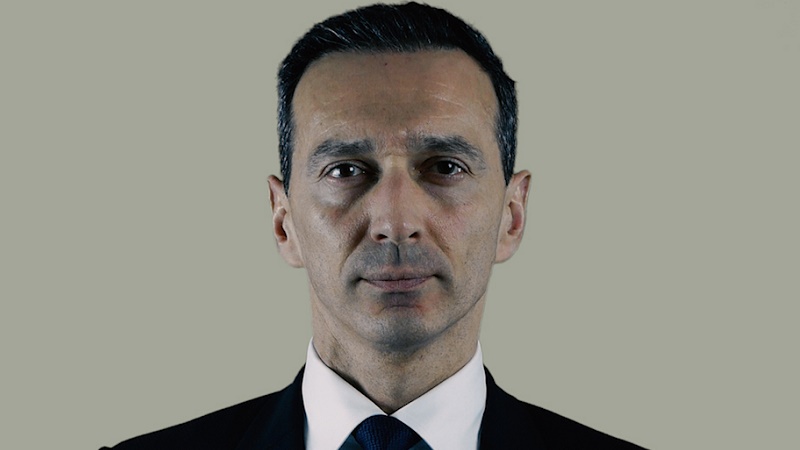Less than a year since joining management of the Martin Currie Global Portfolio Trust Zehrid Osmani (pictured) has shaken up market-cap and company history limits on the investible universe plus transformed his analysts from generalists into sector specialists.
Osmani joined Tom Walker as co-manager of the trust in May 2018 before taking sole responsibility in October. He started his career in 1997, spending several years on the UK portfolio within the Scottish Investment Trust.
He joined Martin Currie from Blackrock where he was responsible for pan-European strategies.
Martin Currie Global Portfolio Trust performance
| Customise Columns | 3m | 6m | 1yr | 3yr | 5yr | 10yr |
| Martin Currie Global Portfolio Trust | 2.84 | -3.66 | 9.59 | 62.05 | 75.90 | 266.85 |
| FTSE World | 1.33 | -4.15 | 7.33 | 66.86 | 80.28 | 244.90 |
| Global sector | 2.12 | -5.48 | 6.71 | 74.12 | 76.67 | 259.76 |
Source: FE Analytics; total return calculated on 13 February 2019
During the transition on the £210.3m Global Portfolio Trust, he dropped the £5bn market-cap minimum that used to be in place on the fund as well as a requirement for a company to have a 10-year history since listing.
“There are some great companies that have come to the market over the last five years that we can now look at. These companies fit the bill in terms of high return on capital, strong balance sheets, attractive growth profiles, pricing power, sustainable value creators,” he said.
Ferrari and Moncler are examples of companies the team is currently analysing as part of the expanded investible universe.
The team has also transitioned from generalists to specialists. Initially “everybody would cover the whole market and research would get allocated in terms of who had the time to look at it,” Osmani explained. “There was some obvious loss of productivity associated with that.”
Roche and Shire are companies the investment trust has exited since Osmani joined as manager. “The trends in large-cap pharma has been challenged by three things. First is the lack of productivity in R&D, the lack of new drugs making it to market. Second, is the ongoing generic threat, which is putting pressure on the large plays. The third one is the regulatory pressures on pricing. It’s very apparent in the US but it’s also apparent in Europe.”
The team is instead looking at opportunities in genomics, healthier lifestyles and ageing populations.
Walker was very much on board with changes to the portfolio, he said. “His view was already that that global long-term unconstrained approach was the way to go. It was just a matter of discussing that with the board that that was the way we should go.”









